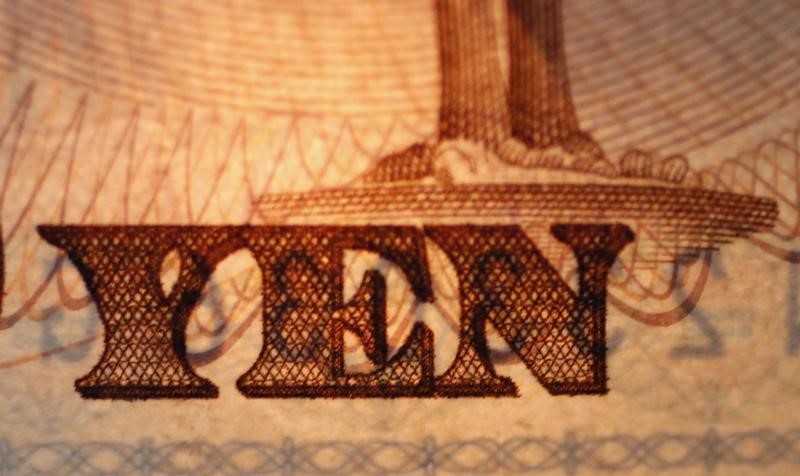By Ambar Warrick
Investing.com-- Asian currencies rose slightly on Friday as they recovered from a series of bruising sessions, with sentiment remaining constrained after hawkish signals from the Federal Reserve drummed up fears of more rate-hike action by the central bank.
China’s yuan was among the best performers in the region, rising 0.4%. But the currency was set to lose about 0.3% this week as concerns over rising COVID-19 cases and softening economic growth weighed.
The Japanese yen rose 0.2% as data showed consumer inflation surged to a 40-year high in October. The reading, which heralds increasing pressure on the Japanese economy, drove speculation that the Bank of Japan may be forced into eventually tightening monetary policy.
The bank has maintained ultra-low interest rates for the better part of a decade, and has so far given no indication that it plans to raise them. But this has also caused a sharp decline in the yen this year, as rising interest rates in other countries saw traders sell the yen in favor of better yields.
The dollar index and dollar index futures traded flat on Friday, but were set to gain slightly for the week after hawkish signals from the Fed saw markets reassess their expectations of more interest rate hikes.
St. Louis Fed President James Bullard said on Thursday that even under a dovish assumption of monetary policy, the Fed still needs to keep raising interest rates given that rate hikes this year have only had a limited effect on inflation.
Bullard said interest rates need to rise to at least 5% to 5.25% from current levels of near 4% to be able to sufficiently curb inflation. While data this month showed U.S. inflation softened more than expected in October, Bullard noted that this could easily change in the next month.
His comments boosted the dollar in overnight trade, and also supported U.S. Treasury yields. This spurred losses across most Asian currencies on Thursday.
While markets are still pricing in a relatively smaller 50 basis point hike by the Fed in December, Bullard’s comments tie in with signals from Fed Chair Jerome Powell that rates could peak at higher levels than initially thought.
In Southeast Asia, the Philippine peso rose 0.3%, supported by a bumper 75 basis point rate hike by the central bank. The bank also forecast more hawkish moves to curb inflation and to match the Fed’s pace of rate hikes.
Losses in the Indonesian rupiah were also limited after the country’s central bank hiked rates on Thursday and signaled more action against inflation.
